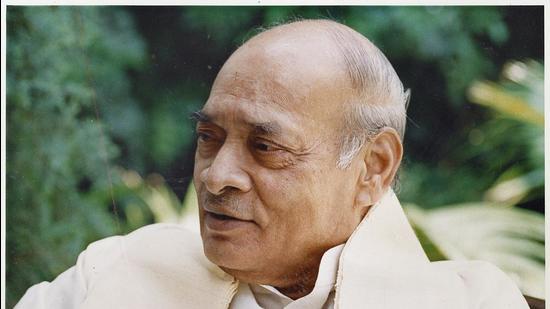Assessing the Rao legacy
With reforms, PV Narasimha Rao changed India. With his politics, he weakened the Congress. He deserves more recognition, both from his old party and from the country
A hundred years ago, on June 28, a boy was born in present-day Telangana. Mahatma Gandhi had begun his non-cooperation movement. The Nizam ruled Hyderabad. Independence was distant. Born at such a tumultuous time and socialised in an agrarian setting, it is a test to his remarkable talent that the new-born of 1921 went on, exactly 70 years later, to become one of independent India’s most consequential prime ministers. At a critical time in the nation’s history, by reorienting India’s economic and foreign policy direction, in fundamental and arguably irreversible ways, PV Narasimha Rao played a transformative role.

Rao had a long political career, spanning from legislator to Andhra Pradesh chief minister, parliamentarian to a senior minister in the Indira and Rajiv Gandhi government. But the defining legacy of Rao would be his years as PM between 1991 and 1996. Close to retirement, Rajiv Gandhi’s assassination brought him to power by accident. But Rao recognised the gravity of India’s economic crisis and used all his political skills to support and shepherd historic economic reforms. As articles to commemorate the 30th anniversary of the reforms in this paper have documented, it was Rao’s political skill, perhaps even more than Manmohan Singh’s economic grasp, that opened up India to the world, liberalised Indian industry, set the ground for growth and an expansion of the middle class, reduced the State’s stifling powers, legitimised the private sector, generated jobs, reduced poverty, and created the cushion for ambitious welfare schemes. He also ably negotiated a new post Cold-War reality.
Rao was not flawless though. As home minister, his role in the 1984 anti-Sikh riots was dubious. Under his watch as PM, the Babri Masjid was demolished, dealing a blow to Indian secularism from which it is yet to recover. He failed to tackle the impact of Mandal and Mandir, and contributed to the weakening of the Congress in north India. He deployed his political cunning, using State agencies, against rivals. And his political career, towards the end, was mired in corruption allegations, including a charge of conspiracy to bribe parliamentarians. But despite this mixed record, Rao’s abiding legacy, as his finest biographer Vinay Sitapati argued, was his contribution in reshaping India’s trajectory. A hundred years after his birth, 30 years after his policy reforms, and 17 years after his death, Rao’s legacy lives on. He deserves more recognition, both from his old party and from the country.



